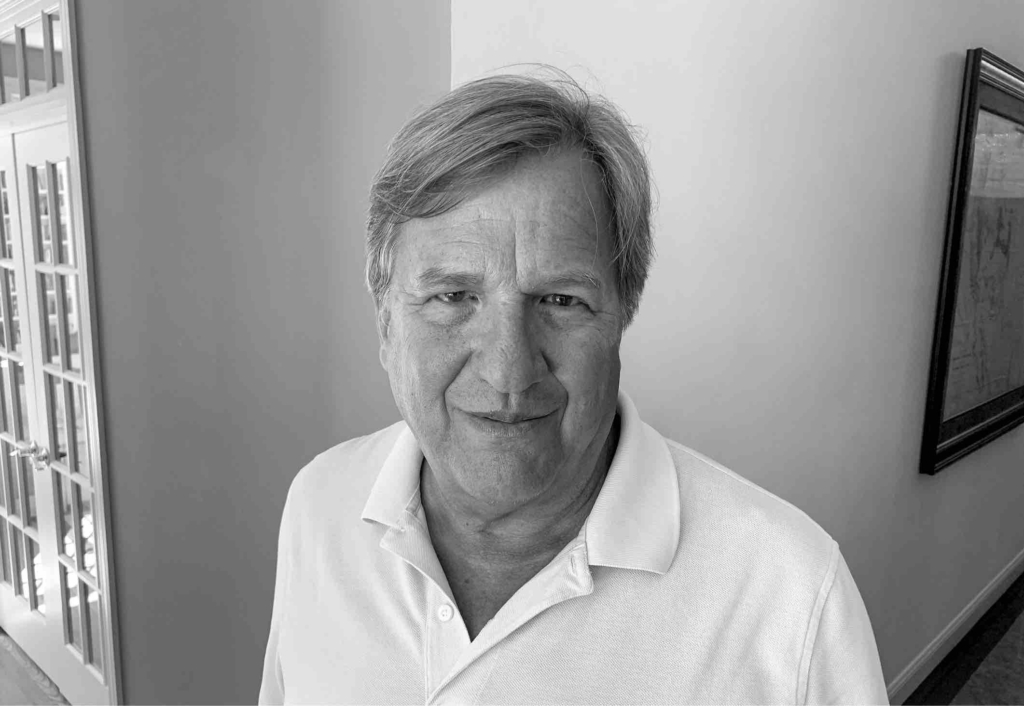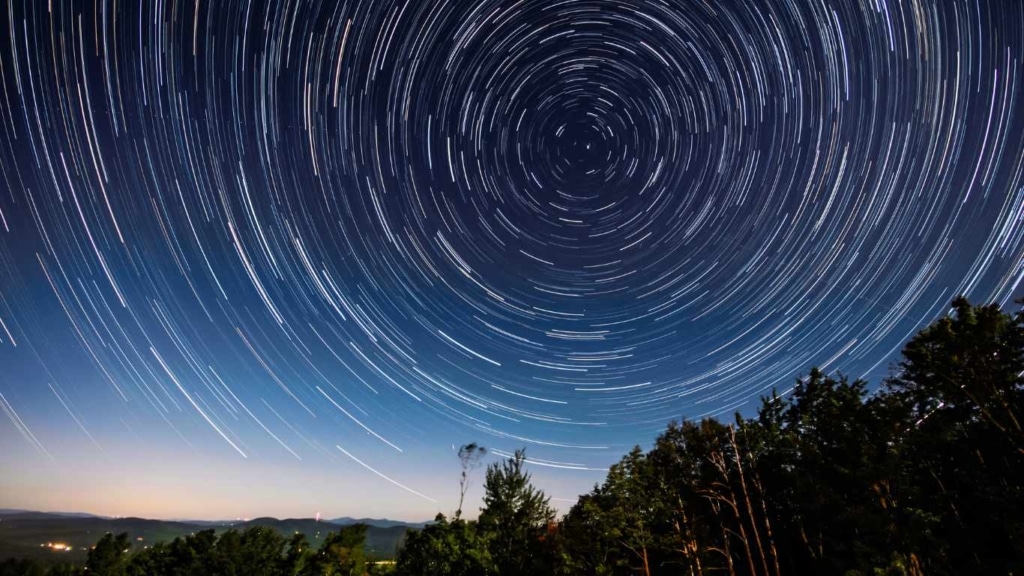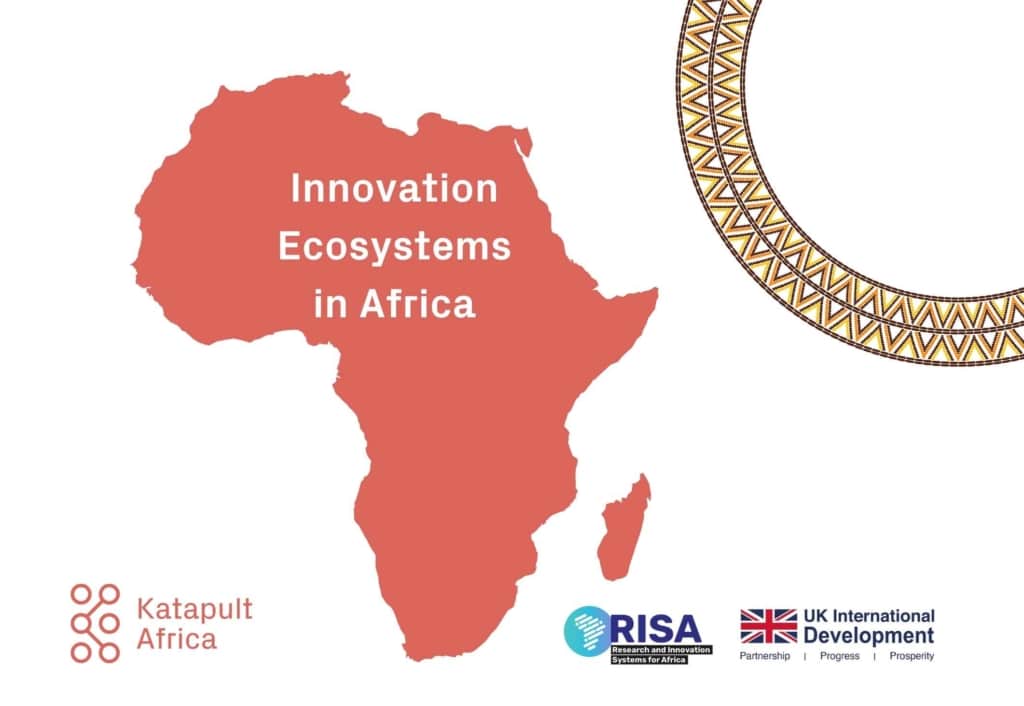International impact investment thought leader Jed Emerson joins Katapult Foundation

When it comes to creating impact in a fast changing world, few have been leading the charge for as long as Jed Emerson. Meet the newest addition to the Katapult Foundation Board.
“We tend to see impact as something we do to others—jobs created, lives affected, eco-systems saved—but that keeps impact at a distance. I think for many of us it is the process of being in relation to others and the earth that really matters.”- Jed Emerson, June 2021
Jed Emerson is an internationally recognized thought leader in impact investing, social entrepreneurship and strategic philanthropy. He has played a founding role in some of the nation’s leading philanthropic ventures and has been selected twice by Trustworthy Business Behavior as one of North America’s Top 100 Thought Leaders.
Having received master degrees in both business and social work administration, authored over thirty articles and papers, and co-edited multiple books on topics such as sustainable, impact, and hedge fund investing, Jed’s footprint on the landscape of impact creation is plain to see.
We invite you to get to know Jed in Katapult’s informal and exclusive Q&A:
So, tell us – what does ‘impact’ mean to you?
At its most basic, impact is having an effect on a condition or circumstance. We have an impact on a community, a people, an eco-system, and so on. All capital and all companies create impact—the question is whether that impact is net positive or net negative. There are also various forms of impact. My last book (which is available for free in digital format) explored various types of impact: ignorant, broad, deep and mutual. For me, the most overlooked aspect of impact is the last—mutual impact. We tend to see impact as something we do to others—jobs created, lives affected, eco-systems saved—but that keeps impact at a distance when I think for many of us it is the process of being in relation to others and the earth that really matters, it is a question of being in a place of mutuality with life that is in some ways the most powerful aspect of impact investing.
What tendencies do you foresee will characterize the impact investing landscape in the near future?
I think the question of how to scale impact yet maintain integrity and value in the course of our scaling efforts is one issue we will see more attention directed toward over coming years. Over the past twenty years, impact investing has largely gone mainstream—virtually every financial institution has some impact unit, report or set of practices—so the basic ideas and concepts have been embraced. But I don’t believe we have really dealt with the implications, the impact imperative, of what it means to actually put impact considerations at the center of our business models and investing practices. This will be a continuing challenge and opportunity for the field.
Why have you chosen to focus on and work within impact investing in the Nordics?
I have always felt an affiliation with the Nordics! I attended high school as an exchange student in Denmark, so speak a type of high school level Dansk. My wife is a Norwegian citizen and before the pandemic we would come see family regularly. And we have a small hutte in the mountains in Ustaoset. Aside from those personal aspects, I feel a strong connection with many of the social, community and environmental values of Nordic peoples. Finally, the late philosopher Arne Naess is one of my favorite authors whose cabin is a two hour hike above our hutte, where I wrote a lot of my last book.
Joining the Board – what are you most excited about?
I have greatly appreciated the Katapult Kommunity ( ! ) when attending Katapult Future Fest as well as various online events. What I liked best is how when you attend the conference, local folks host dinners with smaller groups so you can really connect with the people in our network and world. I also appreciate the initial focus on tech for good and exploration of how technology needs to be managed for net positive impact or, to paraphrase Martin Luther King, Jr., we are at risk of having guided missiles and misguided men. We need to consider the social circumstance of our technology—Katapult Foundation seeks to do that as well as build our capacities as a network of actors to promote and advance a positive future for our world.
What do you want to contribute with as a new member of the board?
I think at this point in my life what I may bring is perspective and history. I’ve been active in our community for 30 years—40 if you include my time as a social worker and community activist—and so I’ve seen a lot of ideas come and many ideas go. Being able to place current ideas and innovations in the larger flow of our collective experience is important if we are to understand whether or not we’re actually progressing or simply circling around the drain! I’m also at a place where I’m trying to listen more and be aware of my own biases and prejudices, which helps me play a more effective role as servant leader which I think can be helpful in balancing the passions of some who see an answer and want us to drive toward that one future. There are many futures we may create, so being open to innovation and insight is important. I hope to bring those qualities to my role as board member.
Where would you love to visit in the Nordics? Any favorite places in mind?
I love the Nordic countryside! Whether I’m driving through the farmland of Denmark, the forests of Sweden or the mountains and fjords of Norway, it is simply a beautiful region which gives us a constant reminder of the importance of our work to promote more sustainable, resilient societies and economics that may mimic that beauty and natural design.
We are thrilled to welcome Jed to the Board of the Katapult Foundation and are looking forward to collaborating on our aligned missions. Welcome to the Katapult family!

